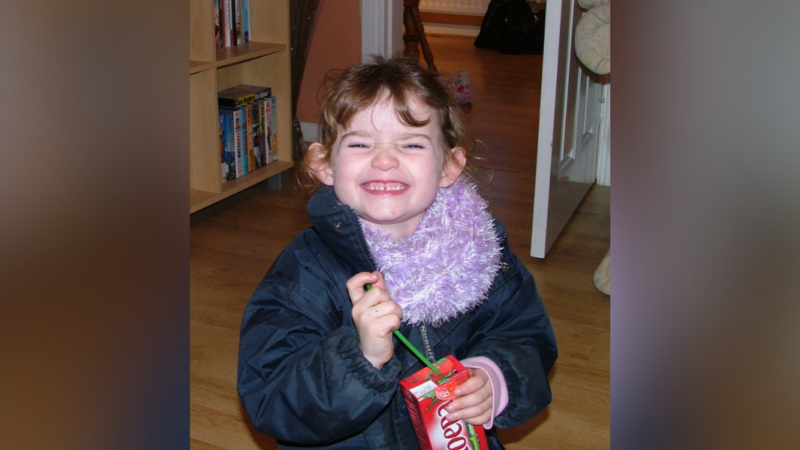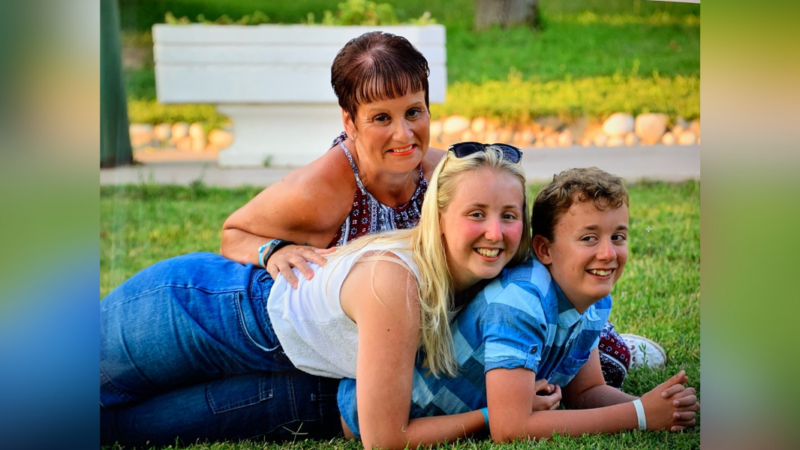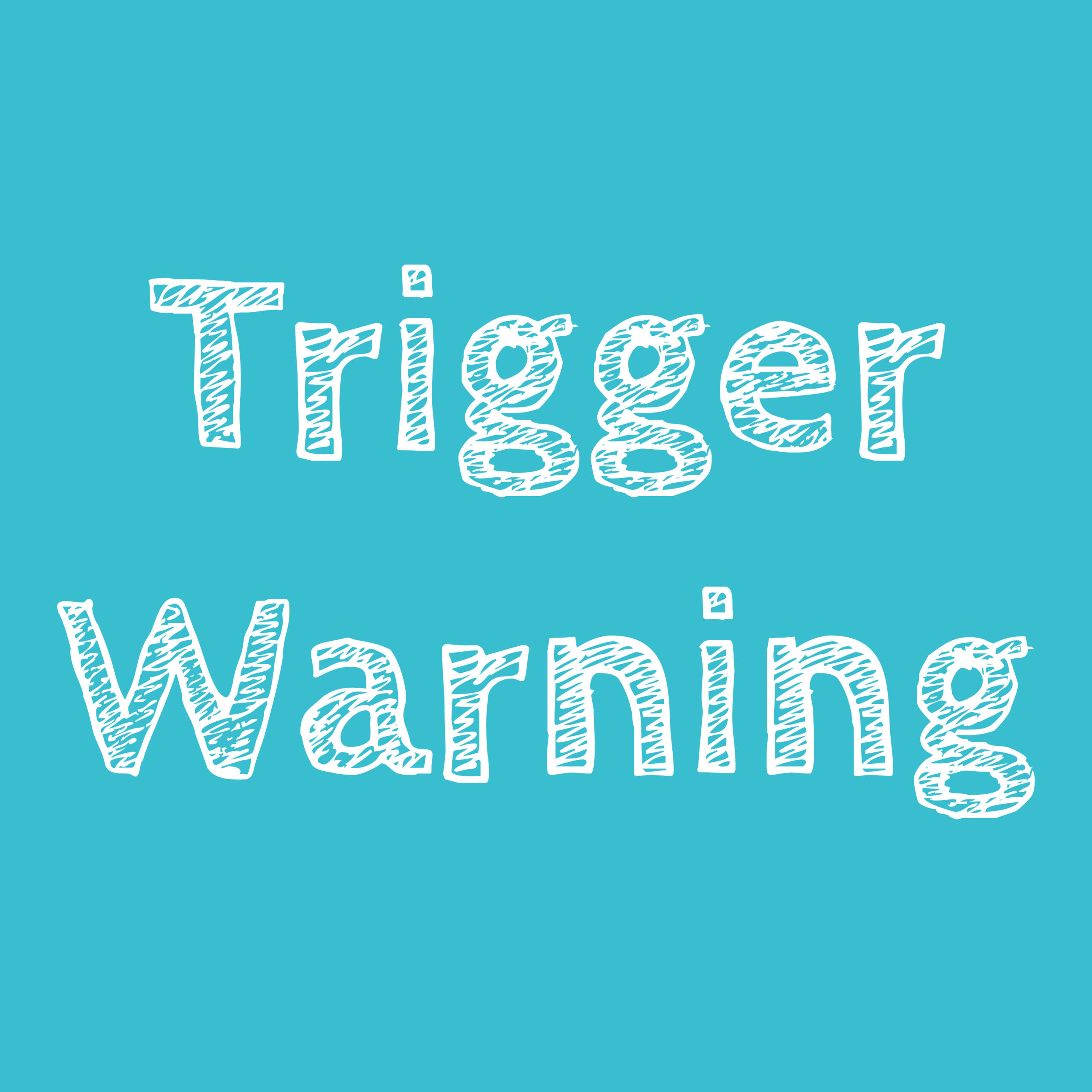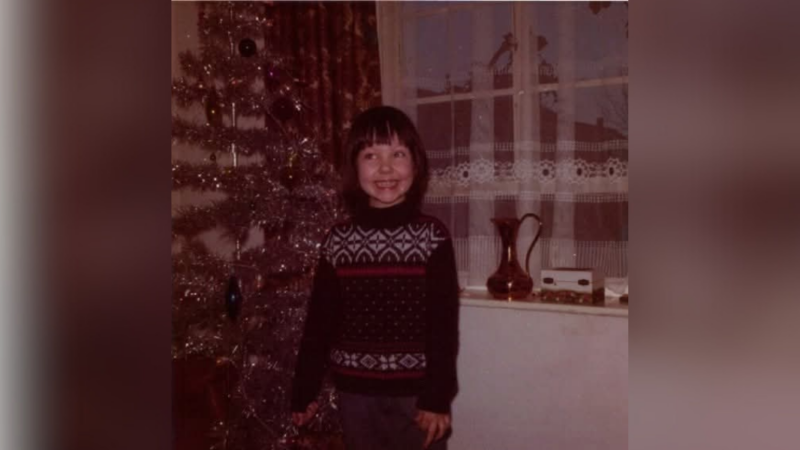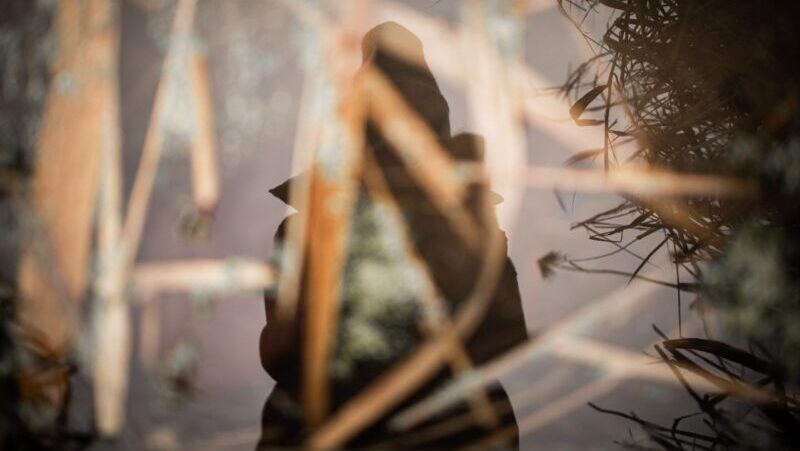
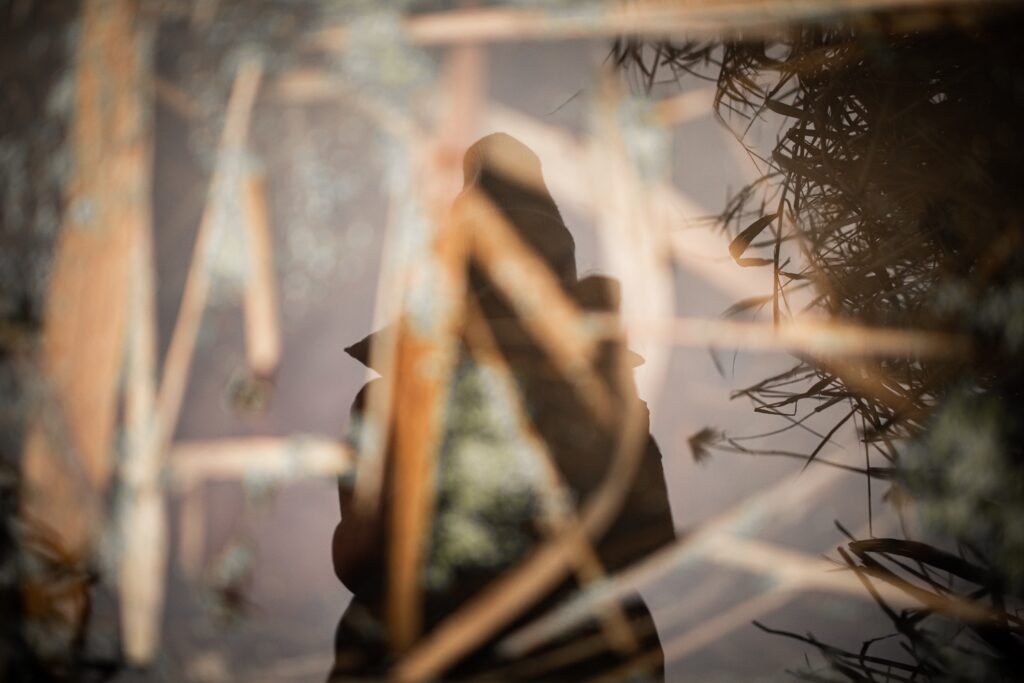
Grieving an alcoholic parent
“He was so proud of you”
“He talked about you so much”
“He loved you so much”
“I didn’t know you had a Dad”
“You weren’t that close”
Dear Dad,
When you died there were two kinds of reactions; the people who wanted to ease the pain of losing a parent, who wanted to make sure you left a good legacy and told me how often you talked about us, how proud you were of me. Then there were the others, who said “I didn’t know you had a Dad”, who struggled to comprehend how painful I was finding your death because I never really talked about you.
I loved you but our relationship was complex and so turbulent that I only spoke of you to the people closest to me. When people talked about childhood memories it never really felt appropriate to talk about the days spent showing you AA leaflets, the afternoons waiting at the windows where you never showed, or checking the doors were locked when you passed out.
I remember not being able to bear hearing another word of how proud you were. After you died I always felt like I was one of your last priorities, and it was hard hearing the people you used to drink with telling me how proud you were. I know now that you had a traumatic life and alcohol was your medicine, not that that makes it easier to digest, but I can finally see the good and the bad. The grieving process felt so different. When people talked about losing a parent and their journey I couldn’t relate.
I wanted to believe you could change
The thing I still grieve the most is the loss of hope that you will one day be sober one last time. You tried to stop drinking so many times, it somehow never lasted but I would always find it within me to give you another chance because I think, like any child, I wanted to believe you could change and that one day I would be the most important thing in your life.
You will now never get to attend my wedding, you won’t get to hold a grandchild or see the rest of my life play out. It feels like a double-edged sword though because all of these things would have had to be risk assessed—it wouldn’t have been simple because alcoholics are unpredictable.
A wave of emotions
Then there’s the part I always feel so guilty for saying: your drinking can’t hurt me anymore. What’s happened has happened, and those memories will live with me for a long time, but with the loss of hope that you will become sober comes the comfort that you can’t let me down again.
After you died Dad, I felt a whole wave of emotions, and also like no-one understood. There were days where I felt like everyone thought I had been grieving for so long: why would I miss someone who was inadvertently so toxic?
I was angry because even in death your life was chaotic. There wasn’t initially time to grieve because we were sorting out the mess you’d left and all of the skeletons in your closet. Skeletons that in time helped me to understand why you used alcohol to escape.
Then I was angry and blamed myself for not being enough to change everything. There were people still telling me they “didn’t know I had a Dad”. Those people didn’t see the days where you were sober. When you were sober, you were my hero. We went everywhere together. You were the fun, playful parent and I idolised you. There were amazing days spent camping, playing chess, walking all over. But before you died, I don’t think I had seen you sober for over a decade.
Was it my fault?
When you were drunk, I remember how it was always someone else’s fault. Yes, you’d fallen asleep on the sofa with a cigarette in your hand, but I was a child and I shouldn’t have been checking up on you. Yes, we were helping you look down the sofa for money for wine before midday, but we didn’t understand. It was always my fault, now I am left wondering if it was my fault for giving up, for agreeing to meet you in pubs, if I could of done more. And every night I have nightmares about the worst times.
I could never get you to talk about your drinking. I could never get you to talk about the rows or the impact it had on me. Your death was really sudden and there was so much left unsaid. It still feels really unfair that you left the world so suddenly, that we didn’t get to spend more time together. It is as if there was a choice between hanging out with me or a bottle of wine, and the wine usually won.
I didn’t talk about you because there was no easy conversation to have about you, because I often couldn’t relate to the experiences of those around, and I always felt guilty for talking about your drinking. What those people didn’t see was how broken I was when you died: I couldn’t leave the house for a while, I couldn’t be around people for a while.
You used to come and go from my life and that was my normal. I would ring you sometimes, and I’d have a sharp realisation that this time you weren’t drunk, but you were no longer here. It’s hard to talk about you to anyone, so many people say they didn’t realise I have a father but I never knew what to say. I think I genuinely believed if I had been a better child then you wouldn’t have drunk. You weren’t really an easy conversation so I just didn’t talk. I walked around feeling a sense of shame.
I miss you
I miss you every day. I miss the hope. I cannot get used to this new reality when in the end, no matter how much we tried to help, in the end we couldn’t keep you alive. But if there is one good thing to come out of your death it is that I can finally talk. I can finally say you were an alcoholic and I am slowly beginning to say that it isn’t my fault.
I am learning that there are other people who have been through some of what I have, that the relationship you had doesn’t dictate whether you should or shouldn’t grieve.
You probably were a proud parent, you probably did love us and you probably did talk about us. I just wish you’d been sober enough to talk to me, to tell me and that we could have come before your addiction.
Jess
Creator of Paper Therapy: COA Edition
Buy your copy now. All proceeds go to Nacoa.
For help dealing with the death of a parent, please a the Nacoa support pages.

















































































